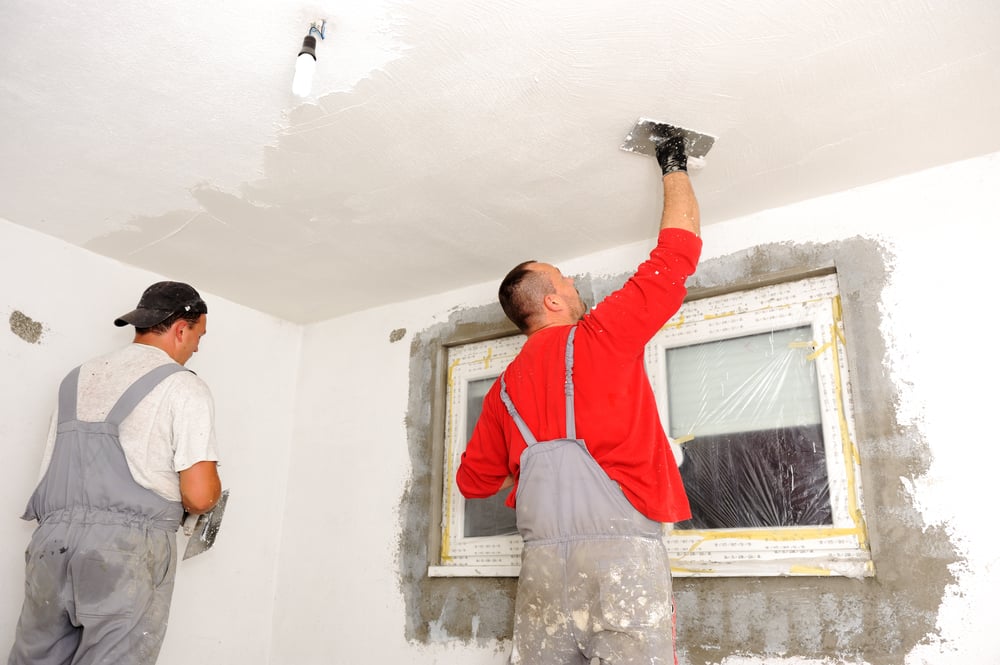
Is Flipping Houses a Way to Make a Profit
The multitude of fix and flip television shows depicting individuals and couples engaging in real estate investing and flipping houses makes it appear that such endeavors are easy and quickly profitable. Of course, the shows usually find some drama to inject into each episode, but by the end, the investors are typically walking away with a nice profit from flipping houses.
So, how realistic are these shows, and can you make a profit flipping houses? Oftentimes, real estate agents and real estate investors say ‘yes.’ But, they also advise that there are many risks you must be prepared for in real estate investing. This is especially true for those just getting started in real estate investing since a lack of experience, contacts, and funding sources can result in setbacks.
How much can you make flipping houses?
According to market data, a house flipper can average just over 40% gross profit on a single flipped house. But, it is important to note that while that certainly seems like a substantial amount, the data also doesn’t factor in the cost of renovations.
Will you always make a profit with real estate investing?
As you gain more experience flipping houses, you’ll get substantially better at numerous things that can affect the overall outcome of a flipped house project. From judging the marketplace to determining an estimate for repairs and renovations, the more you know, the more you’ll be able to make an informed decision as to whether a particular house may be worth it or not.
Nobody has tons of experience flipping houses right off the bat, no matter how many of those shows you watch. And inexperience will most likely lead to a few missteps along the way. But you can minimize the risk and potentially increase your chances of making a profit by avoiding these common mistakes.
Don’t expect to flip a house quickly.
Many novice real estate investors expect to purchase a home, renovate it, and sell it within a relatively short time period. The reality is the process from start to finish normally takes about six months. Professional house flippers typically have more than one project in the works, so they are more guaranteed to see a steady cash flow. But if you’re only working on one house, don’t expect to get a cash return right away.
Don’t expect renovations and repairs to go smoothly
Remember earlier when we mentioned the drama you often see in the house flipping television shows? It usually entails some sort of expensive, unexpected repair that needs to be done. Well, you can expect that to potentially happen to you, too if you get involved in flipping houses.
A home inspector or contractor might be able to clue you into a good portion of the repairs that need to be performed. But, once you start doing renovations, chances are you’ll discover other damages that need to be taken care of. If you’re lucky, it’s something easy to fix and relatively inexpensive. But other times, it could cost you a portion of your profit.
Don’t forget about the additional costs
Novice house flippers might focus on the purchase price of the house and the estimated renovation and repair costs. But, experienced real estate investors know there is a lot more to be concerned about. For starters, there are the closing costs for the purchase and/or sale of the home. There are also other costs, such as agent commissions, insurance and utility costs, legal fees, and the interest you’ll be paying on the funds you used to purchase the home.
Don’t think that beginners are the only ones who lose money
While you can generally expect to do better after you’ve flipped a few houses and gained experience, don’t expect every project to result in a profit. Even professional house-flipping investors who flip dozens of homes each year can face a loss on a home or two. This is usually due to those unexpected repairs mentioned earlier. Or it could be due to a misjudgment of the property value or the area the property is in.
In conclusion
The most important thing to remember is that every house is different — no two flips will ever be the same. Whether you face hardship on your first flip or your 10th flip, don’t be dissuaded. Take your time to research the market, learn from your mistakes, and understand the different methods for acquiring funding. Try to work with an experienced team of real estate agents and contractors when first starting in the business, and you’ll usually be in a much better position to make a profit.